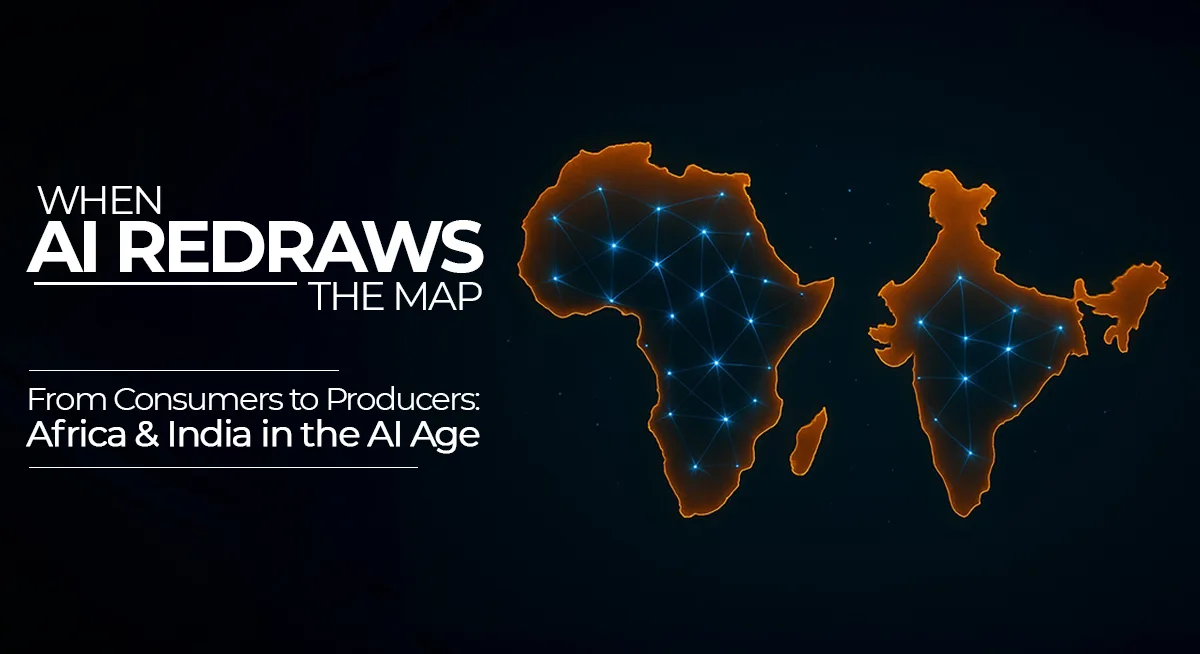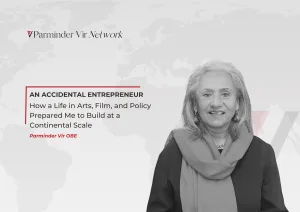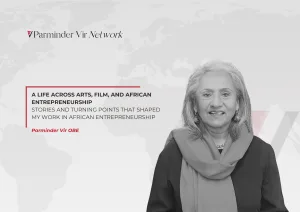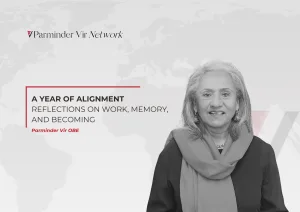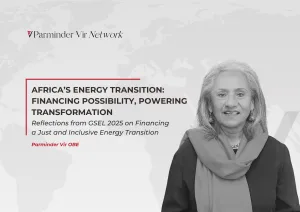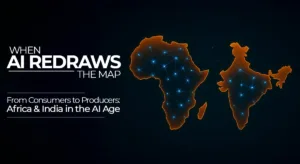In preparation for my participation in BigTech Africa 2025 in Tunisia from September 9 to 11, I have been reading and listening extensively about artificial intelligence — not just as a technology, but as the prism through which we now envision the future of the economy, politics, and society itself. Two recent perspectives stand out: The Economist’s July 2025 leader, “The economics of superintelligence”, and the People by WTF podcast episode featuring Sam Altman in conversation with Nikhil Kamath.
Both circle the same reality: AI is no longer a distant possibility but an accelerating force that could outstrip human intelligence and reorganise global systems. Yet, their interpretations diverge sharply — The Economist offers an impersonal economic thought experiment, while Altman frames a visionary call to reshape institutions for abundance.
The Economist: Superintelligence as Economic Shock
The Economist frames AI as the catalyst for a potential economic detonation. Its central thesis is stark: once AI surpasses humans in most cognitive tasks, the world could experience a “second explosion of economic growth,” rivalling the Industrial Revolution but unfolding at digital speed.
The consequences are dizzying: runaway global GDP growth, collapsing wages for most human labour, concentration of wealth among owners of AI capital, interest rates soaring to unsustainable levels, and political volatility as democracies struggle with inequality. It is a clinical, cautionary analysis — a reminder that AI could destabilise the very architecture of capitalism.
Sam Altman: AI as Abundance and Redistribution
Sam Altman, in his dialogue with Nikhil Kamath, shifts the frame. He acknowledges the risks but stresses agency: the ability of societies to decide how AI’s abundance is shared. He discusses sovereign wealth funds, universal basic income, and innovative financial instruments to distribute AI-generated wealth fairly.
For Altman, the critical question is whether humanity builds the institutions to match the technology. Unlike the Economist’s detached projections, Altman insists on human choice: we can steer this revolution. He also highlights India’s role, suggesting that its demographic and technological momentum give it a unique position in shaping the future of AI.
Divergent Worldviews
- The Economist warns of systemic fragility: prepare for instability as AI tears through labour markets, finance, and politics.
- Altman imagines systemic redesign: if AI creates abundance, institutions must be rebuilt to channel it into broad prosperity.
In short, one sees AI as a shock, while the other sees it as an opportunity.
My Reflection: Between Caution and Vision
Both perspectives are essential. The Economist reminds us that economic gravity — inequality, capital flight, market shocks — cannot be wished away. Altman reminds us that abundance without governance is perilous, but abundance with foresight could be liberating.
The question is not whether AI will change everything. It will. The real question is whether societies will let that change deepen divides, or whether they will harness it to expand opportunity.
The Africa–India Question
This is where I return to Nikhil Kamath’s sharp provocation: what role will the next generation of Indian entrepreneurs play? Will they be mere consumers of AI innovations built elsewhere, or producers shaping its trajectory?
I want to extend that question to Africa. The stakes are enormous. Africa has the fastest-growing youth population in the world, and India has a demographic dividend of extraordinary scale. If these young entrepreneurs are left as consumers of imported AI, the power imbalance described in The Economist will only intensify. If they seize the chance to become producers — designing models, building platforms, shaping governance — they can redefine the global map of innovation.
Looking Ahead: Tunisia and Cape Town
This is the spirit in which I will join BigTech Africa in Tunis this September, speaking on Storytelling 5.0 – Beyond the Frame: Storytelling for Impact in the Age of AI and Social Media. Storytelling is not just about films or books; it is how societies imagine their future. The narrative we write about AI in Africa will determine whether we remain passive consumers or active producers.
And it is why I look forward to continuing these conversations at the Africa Tech Festival in Cape Town in November. There, I will join policymakers, entrepreneurs, and innovators to ask: how do we build an African AI ecosystem that reflects our realities, solves our problems, and creates our wealth?
Final Word
The Economist is right: intelligence without wisdom is dangerous. Altman is right: abundance without governance is perilous. However, for India and Africa, the harsher truth is this: if we do not transition from consumption to production in AI, the future will be written for us, not by us.
The choice is here. The responsibility is ours.


